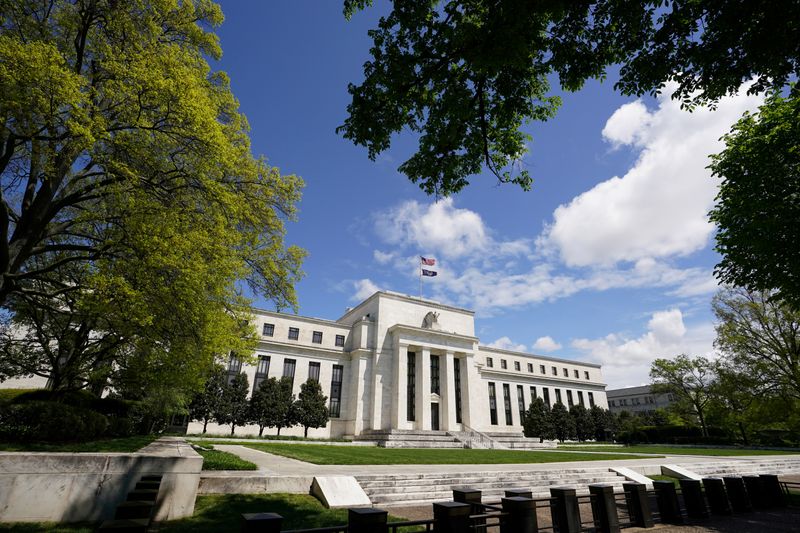(Reuters) – U.S. consumers in September became slightly less worried about losing their jobs and more optimistic about their earnings, though the effects of the economic crisis caused by the coronavirus pandemic lingered, according to a survey released on Tuesday by the New York Federal Reserve.
The average perceived chance of becoming unemployed over the next year dropped to 16.6% in September from 18% in August but was still well above the pre-pandemic level of 13.8% in February. The drop was driven by an improvement in sentiment among people above age 60 and those with household incomes below $50,000.
While the U.S. labor market continues to heal from the damage caused by the pandemic, data released by the Labor Department earlier this month shows the recovery is slowing. Nonfarm payrolls increased by 661,000 jobs in September, the smallest gain since the jobs recovery started in May.
The Fed survey suggested that some consumers think the worst of the pain in the labor market has passed. Expectations that the U.S. unemployment rate will be higher in a year dropped to an average 36.4% in September from 39.1% in August.
Consumers reported feeling better about their pay and their ability to spend. The median expectation for household income growth increased to 2.3% in September, up 0.1 percentage point from August but still below the 2019 average of 2.8%. Median expectations for household spending growth increased to 3.4% in September, from 3% in August, reaching the highest level since May 2019.
The survey of consumer expectations is a monthly poll conducted on a rotating panel of 1,300 households.
Median inflation expectations for the next year remained unchanged at 3% at the one-year horizon and expectations for the next three years dropped by 0.3 percentage point to 2.7%.
(Reporting by Jonnelle Marte; Editing by Steve Orlofsky)



















